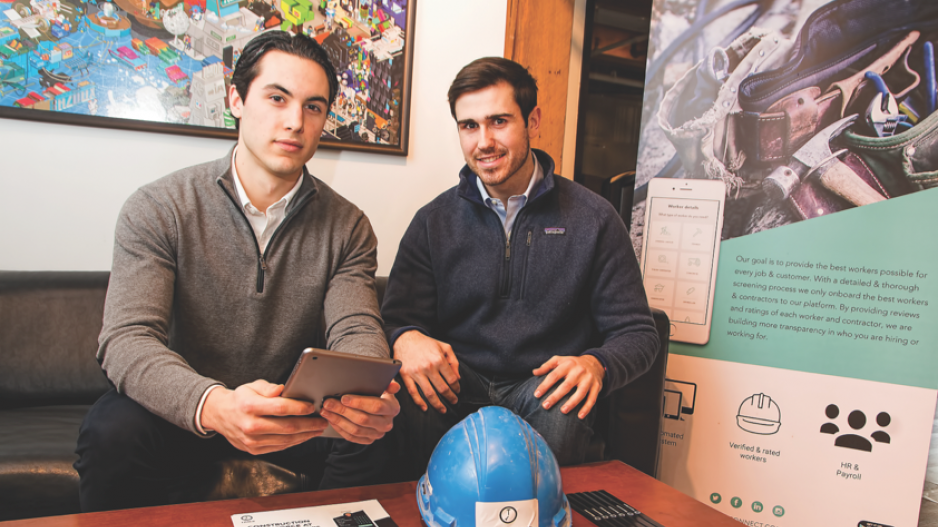While the B.C. tech sector was basking in the glamour of its annual Technology Impact Awards in late June, the province’s construction industry was hammering home a clear message: Look to us for more untapped markets.
An industry survey of more than 300 B.C. construction companies released June 27, the night of the awards gala, revealed the adoption rate of new technologies stood at 27% (excluding estimating software).
Awareness, however, of technology-driven administration and tools used in the construction sector stood at 89% – a sizable gap between knowledge of technology and use of technology.
“We see this as just the tip of the iceberg – there’s so much more that we could be doing,” said British Columbia Construction Association (BCCA) president Chris Atchison, whose organization commissioned the survey.
“We also see technology as a gateway to assist the industry, to modernize and to do things it hasn’t even considered it’s capable of doing yet.”
He said technologies focused on administration and procurement are in high demand within the industry, which the BCCA estimated employs 224,000 British Columbians.
“Construction companies have always been pen and paper, they’ve been slow adopters of technology, it’s an older industry,” said John Reid, chief revenue officer of Faber Technologies Inc.
“As the younger generation moves up in the workforce they want to see technology. They’re using their smartphones all the time and their tablets, so it makes sense for those pen-and-paper processes or email processes to be set up faster using technology.”
Reid’s Vancouver-based company launched in 2017, developing a mobile app to connect workers with construction companies’ HR departments when labour is needed on short notice.
The app tracks workers’ hours, skills and projects they’ve worked on, as well as performance reviews from past contractors.
Pay is determined on past experience and skills, which Faber verifies.
Construction companies then review the billed hours and pay an invoice at the end of a week, while Faber takes a percentage on the logged hours.
Construction is still very “relationship-based, but when you show them the cost and the savings and the value that you can add, it kind of seems like a no-brainer,” Reid said.
Buy-in from larger companies has been picking up in the past year, he added, while Faber has grown from six employees to 18 employees in that period.
“There’s so much that can be done in building construction, and quite a lot of it is being driven by the green agenda,” said Jill Tipping, CEO of the BC Tech Association.
She said that while her organization hasn’t developed formal partnerships with the industry, the BC Tech Association has been looking to spread its wings into more disparate sectors.
Tipping recently accepted an offer to sit on the steering committee for the Mining Association of BC’s new innovation plan.
“Let’s work together,” she said. “I would love to be a part of the conversation around that – how could we bring more innovation, more technology into construction and how can we celebrate the good stories that already exist?”




